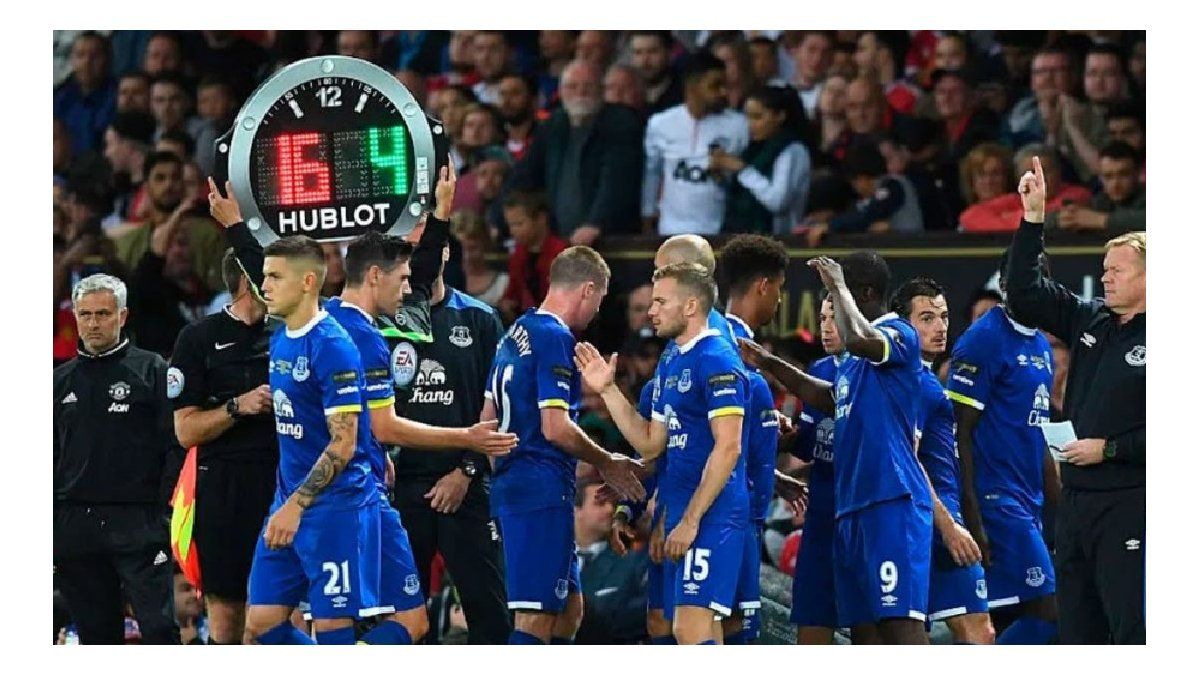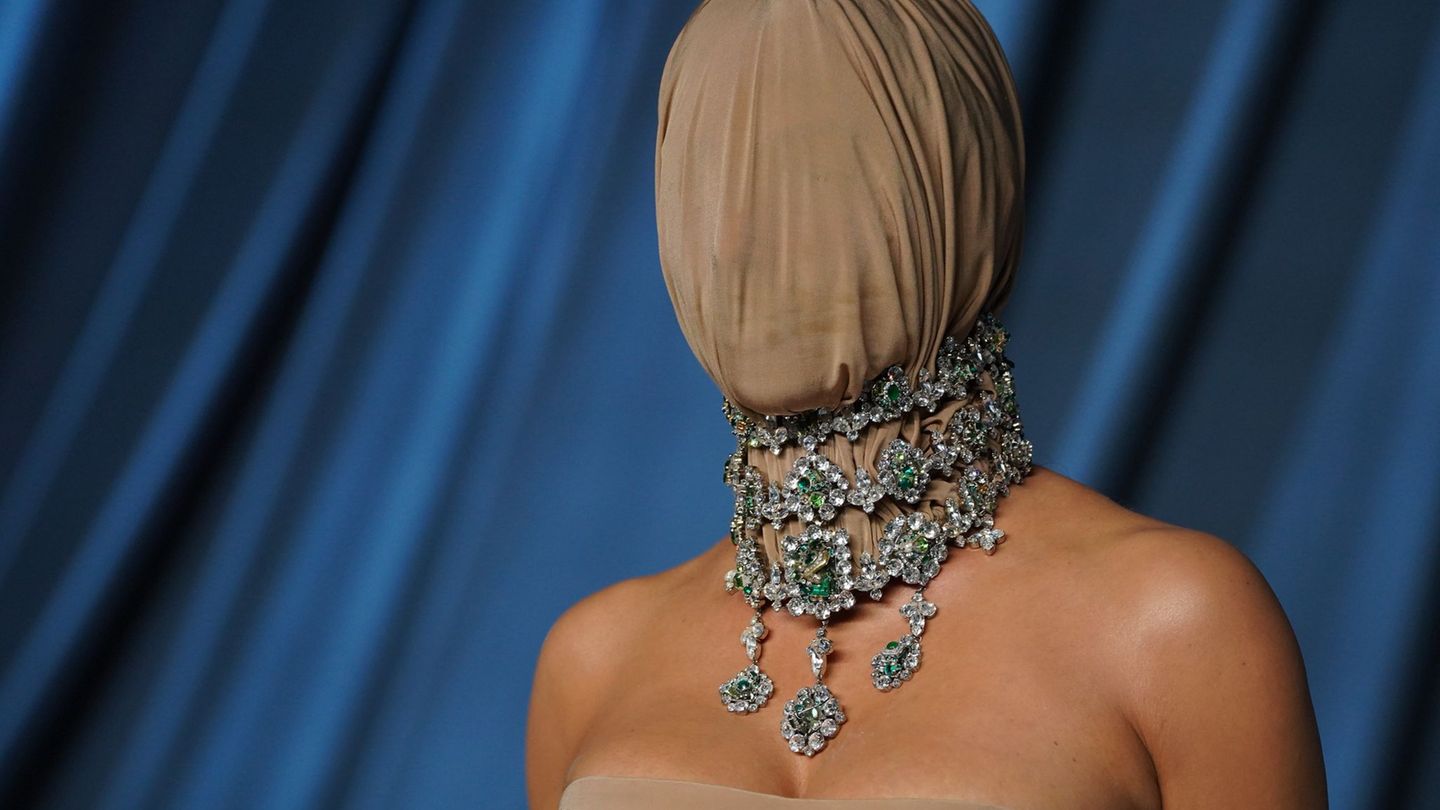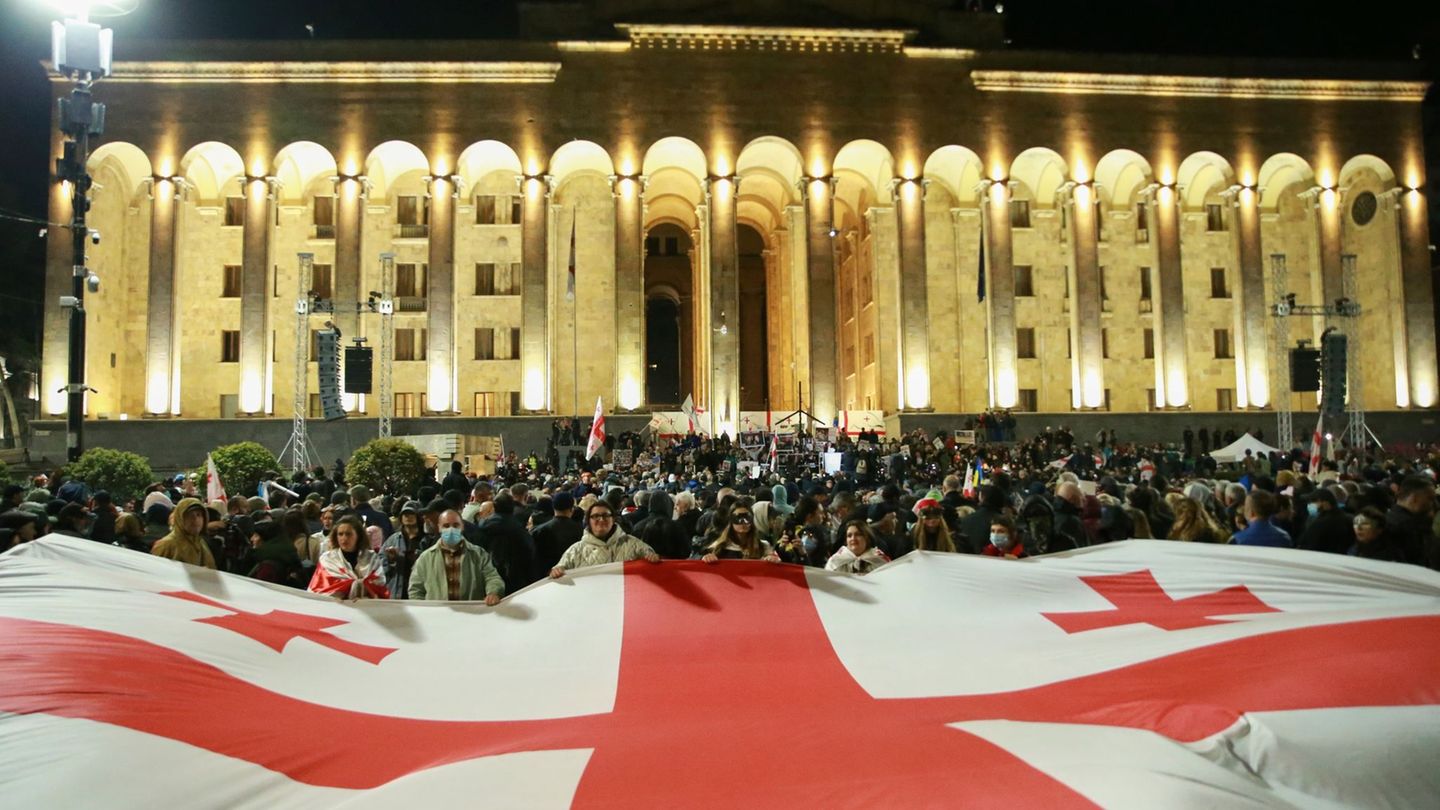The amendment to football “law 3”, which normally provided for a maximum of three substitutions per team and per game, had been decided by the IFAB in May 2020 and was to last until the end of 2021 for club competitions and until July 31, 2022 for international matches.
The measure had been later extended until December 31, 2022 after “A global analysis of the current impact of Covid-19 on football”.
All competitions had not opted for an increase in the number of substitutions. The premier league The English had returned to the three changes, although it had approved moving to five for the next season.
The passage now definitively to the rule of five changes responds “at the wish of the actors of the game”explained patrick nelsonleader of the Irish Football Federation (represented within the IFAB as well as the English, Scottish and Welsh federations, in addition to the FIFA).
Furthermore, the members of the IFAB “decided to increase the maximum number of substitutes on the match sheet from 12 to 15, according to the desire of the organizers of the competitions”he specified in a statement.
Tests on definitive changes in case of concussions were extended until August 2023 “to gather enough data to make a valid scientific decision”. The low number of incidents in this regard does not allow reliable conclusions to be drawn for now.
Those responsible for soccer regulations also addressed the issue of the increase in violent acts against referees in ‘amateur’ soccer, contemplating the possibility that referees carry cameras in matches between adults.
“The lack of respect towards the referees and their safety have been pointed out as global problems”indicated the IFAB in your statement.
FIFA’s “semi-automatic” offside sanction
The evaluation of the semi-automatic offside detection, which FIFA it is proposed to use in Qatar World Cup 2022 (November 21-December 18) “keep going” Y “so far very satisfactory”specified the president of the FIFA, Giani Infantinoat the end of the 136th annual general meeting of the IFAB.
“Our experts are going to analyze that before deciding if we use it or not in the World Cup”he added Infantinewhile Pierluigi Collinapresident of the FIFA Referees Committeesaid to have “confidence” regarding its use in the tournament.
That optical tracking system in support of the video arbitration (VAR) was tested in the Arab Cup at the end of 2021 and then in the Club World Cupat the beginning of this 2022.
It must allow the decision making to be accelerated. It is supported by cameras that are used for television broadcasting as well as specific cameras that give the exact position of the players on the field of play, which provides the referees with precise and rapid information.
Once the decision is made, this artificial intelligence-based technology transforms the images into a 3D animation that can be shown on the video scoreboards in the stadiums.
Source: Ambito
David William is a talented author who has made a name for himself in the world of writing. He is a professional author who writes on a wide range of topics, from general interest to opinion news. David is currently working as a writer at 24 hours worlds where he brings his unique perspective and in-depth research to his articles, making them both informative and engaging.




